LOCAL
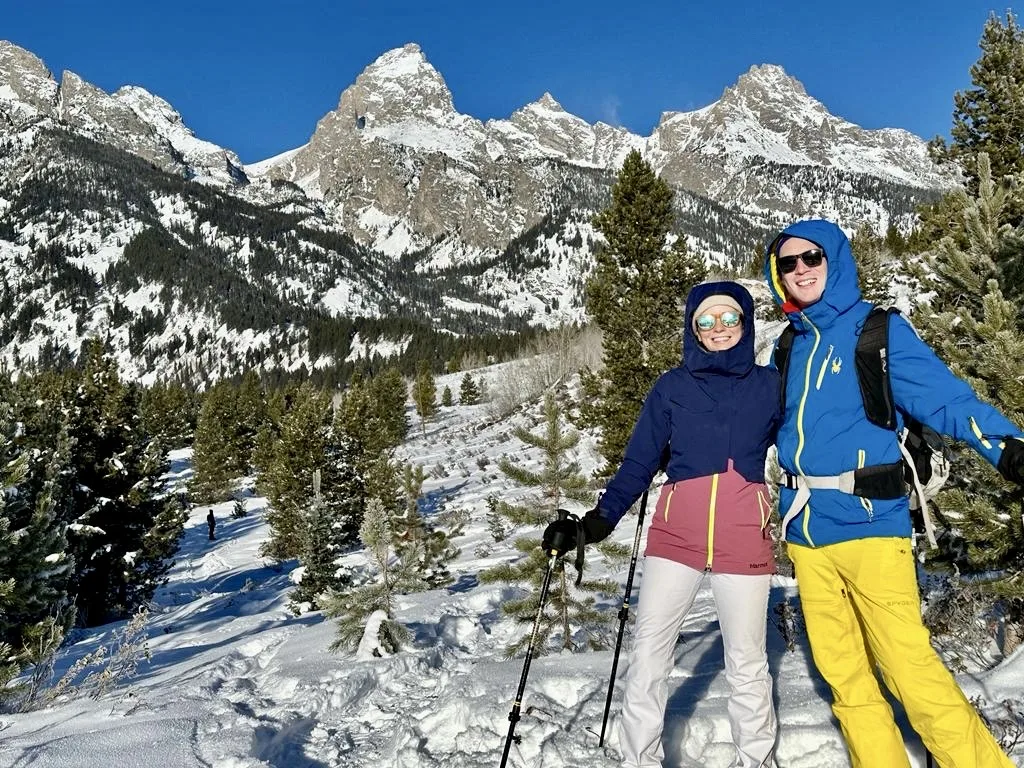
Happy New Year from The Hole Hiking Experience!
January is the coldest month in Jackson Hole and 2024 begins with a temperature inversion. With high pressure, or sunny days, warm air rises trapping cold air on the valley floor. The temperature difference can be drastic. Afternoons generally get a bit warmer at lower elevations with the sun’s radiation. Currently, snow remains thin and we end the year at 66% of normal mountain snowfall but it looks like snow is on the way!
I found a dead deer this past week near my townhouse in Jackson. Lots of deer winter near town but none have died near my home in the nearly 40 years that I have lived here. I called Wyoming Game and Fish to report it, make sure it wasn’t killed by something large, and inform our local department so the population can be monitored. I was told the animal may have died due to recent cold temperatures, fed corn (which deer can’t digest), or another unknown cause. It was disemboweled, probably by a coyote. The warden helped remove it and said it seems like an isolated incident.
Wyoming Game and Fish has asked for help with wildlife this winter. We can all minimize disturbance and be more alert and aware. Leaving gates open is important for movement. Driving slowly at night and reducing speed by just five miles greatly increases your chance of avoiding a collision. Remember animals are most active at dawn and dusk. Respecting wildlife closures is important. This is the season when animals use their fat reserves, lose weight, and minimize movement to conserve their energy. If you see a sick or injured animal, make sure to report it to Game and Fish.
Lean more: How to help wildlife this winter according to Game and Fish
May you have great year ahead with many safe, fun mountain adventures!

Cathy Shill
Founder, The Hole Hiking Experience
REGIONAL
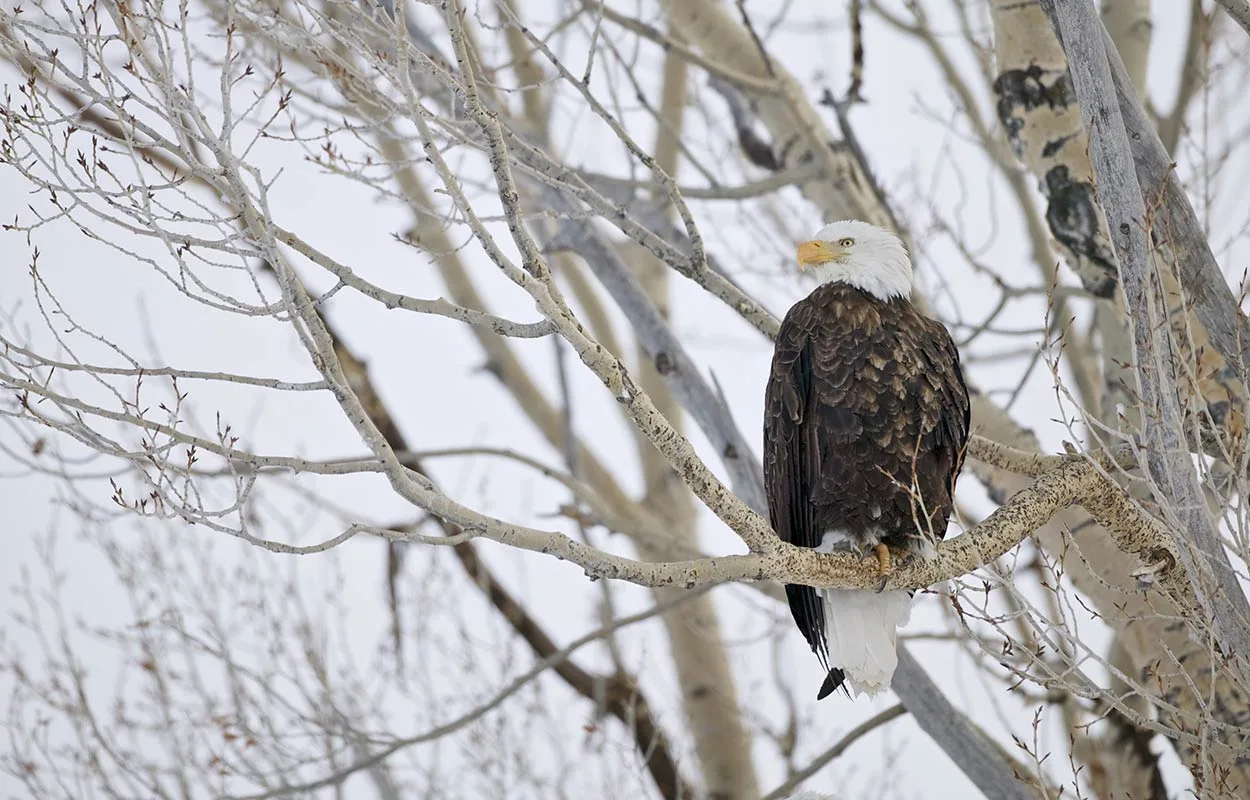
Endangered Species Act Celebrates 50 Years of Conservation
December 2023 was the 50th anniversary of the Endangered Species Act. The Act protects imperiled wildlife and the broader environment. More than 1,000 species have been listed and 50 have rebounded because of its protections. Bald Eagles, the American Alligator, and the Peregrine Falcon have all been protected and have stable populations now. The next 50 years may be challenging, however, as climate change and threats to global biodiversity will be a test. We are fortunate to have a template to follow.
Learn more: Celebrating 50 Years of Success in Wildlife Conservation
SPIRIT
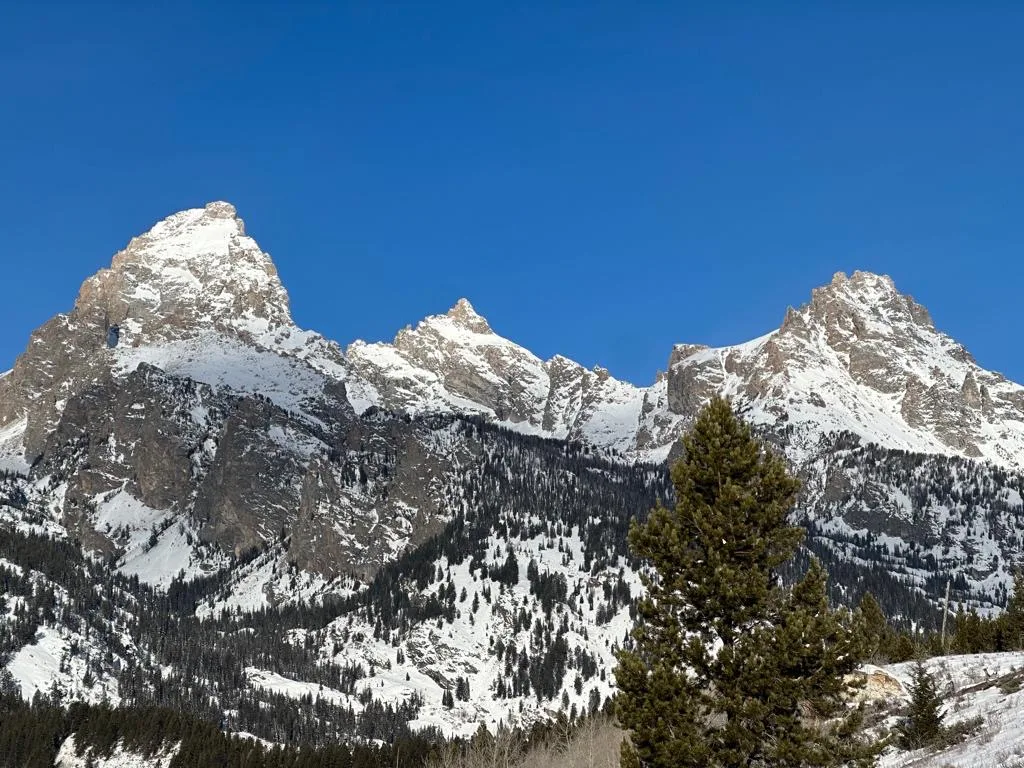
“The horizon leans forward, offering you space to place new steps of change.”
— Maya Angelou
Field Facts
- With the thin snowpack, many animals have not yet migrated to winter territories. So when the weather changes, be alert for movement along raodways, especially while driving at night.
- The lack of snow affects all species in Jackson Hole. Once six to eight inches of snow accumulates, the ground will be insulated and temperatures will remain close to freezing.
Backcountry Tips
- It’s our responsibility to limit wildlife disturbance and impact. If in the Taggart Lake area, be mindful of moose and limit disturbance.
- Be careful not to trample vegetation in low snow areas.
- Dogs are not allowed on Park trails. Loose dogs have been seen near Granite Canyon along the Moose-Wilson Road. Please honor this closure. Dogs are only allowed on Park roads while on a leash.
Trail Suggestions
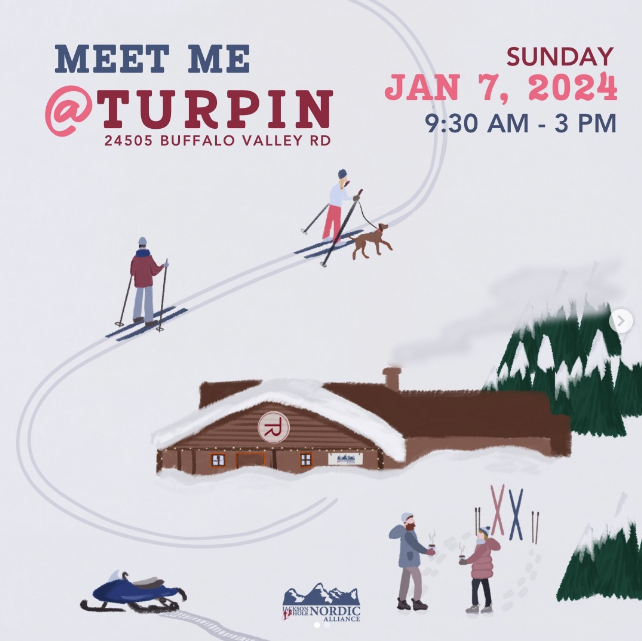
It’s time to head north! Join The Hole Hiking Experience on Sunday, January 7th for the JH Nordic Alliance 6th Annual Free Ski, Fat Bike & Snowshoe Day at Turpin Meadow Ranch.
This fun, free community day will benefit the local Nordic Alliance non-profit Camina Conmigo.
Enjoy free trail passes, free skate and classic XC ski demo gear, free fat bike demos, free Nordic ski lessons, and so much more. Bring your family, friends and dogs on a leash.
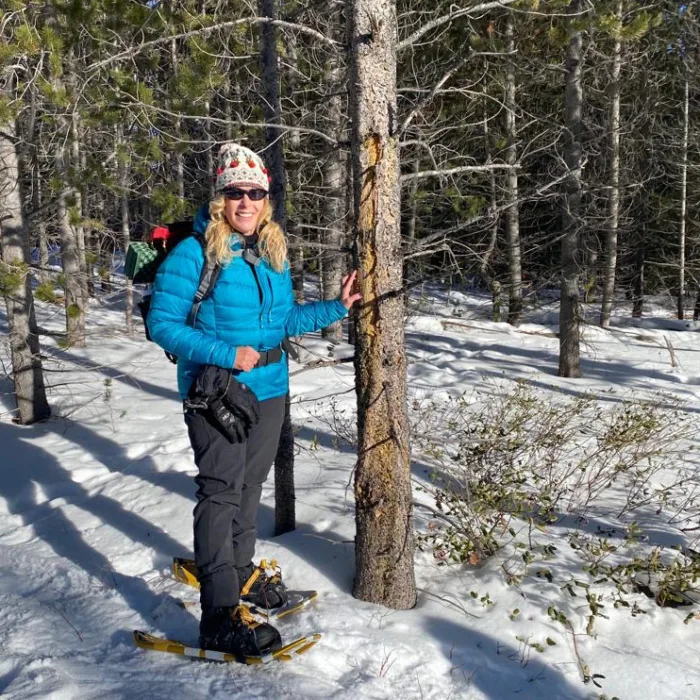
Learn More in 2024!
Join a naturalist and discover the wonders of nature in Jackson Hole. While valley floor snow depths are shallow, snowshoeing and cross-county skiing is available in the mountains along with wildlife viewing tours in the majestic Grand Teton National Park.


